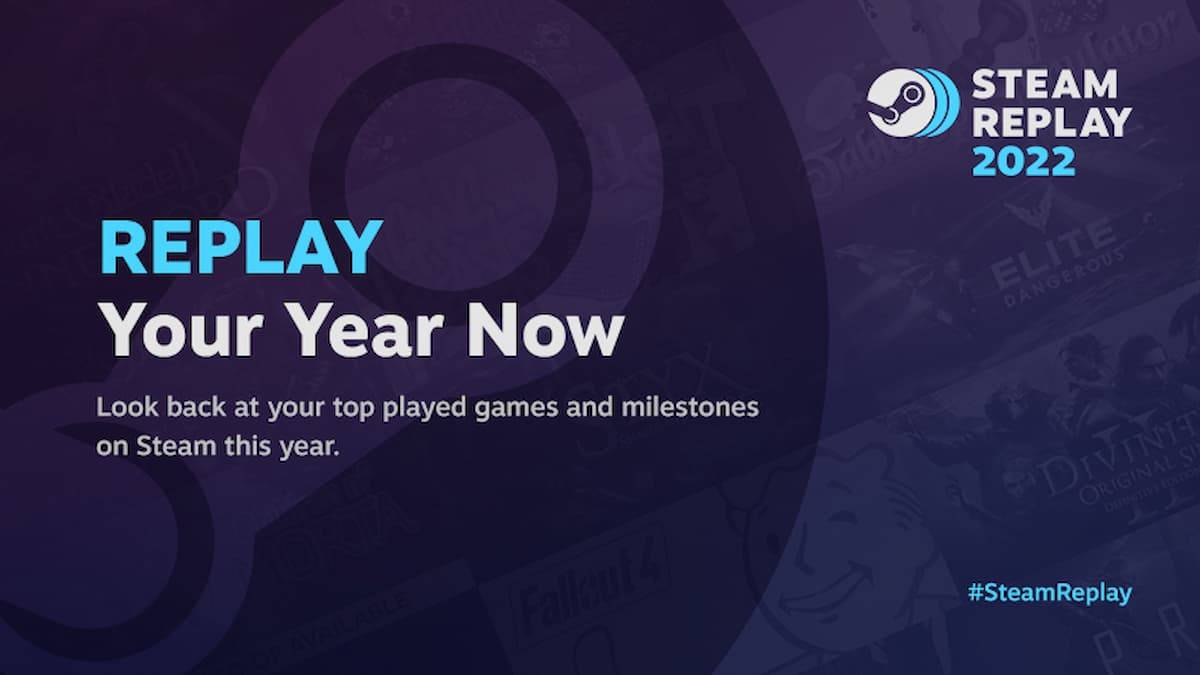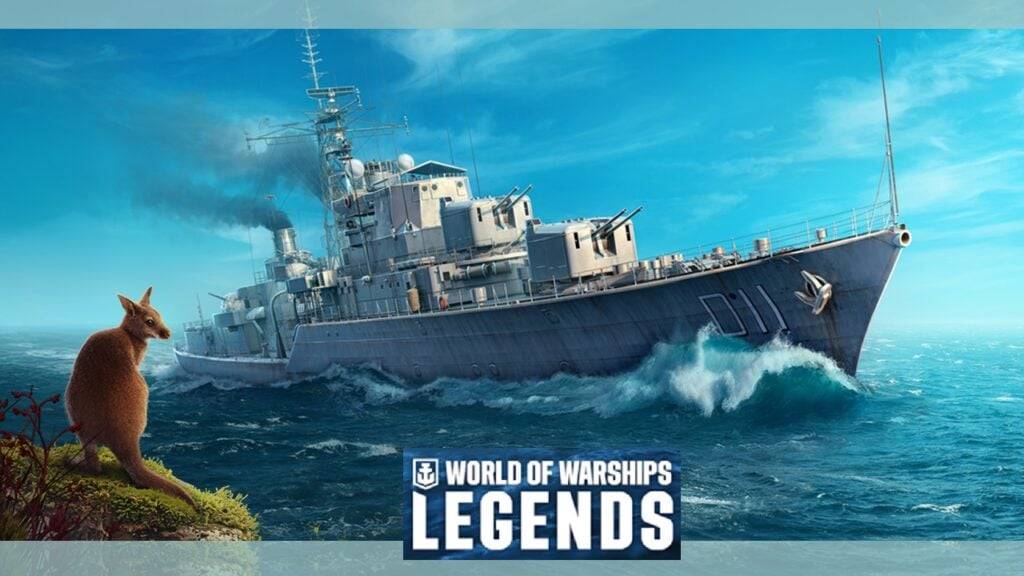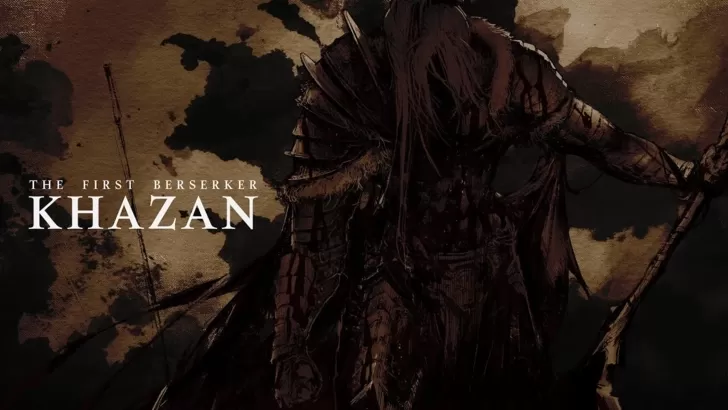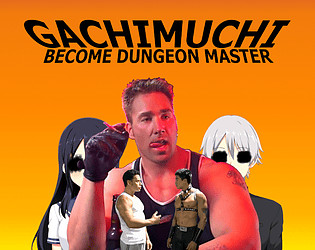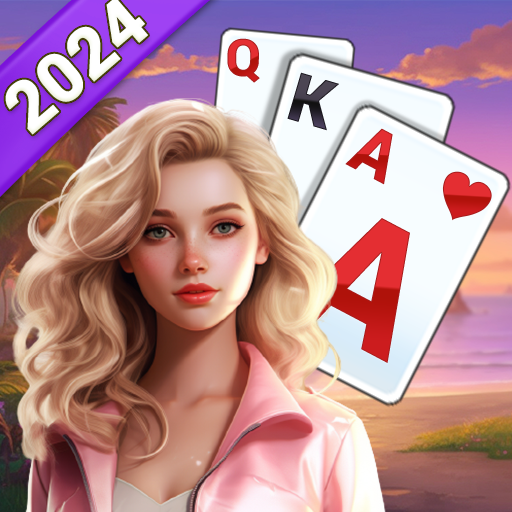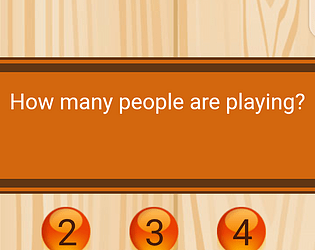The Marvel Cinematic Universe (MCU) has revolutionized the entertainment industry with its interconnected narrative across films and TV shows, creating a cohesive storyline that has captured global audiences. However, the same cannot be said for Marvel video games, which operate independently of each other. For instance, Insomniac’s Marvel’s Spider-Man series stands distinctly apart from Eidos-Montreal’s Marvel's Guardians of the Galaxy. Similarly, upcoming titles such as Marvel 1943: Rise of Hydra, Marvel's Wolverine, and Marvel’s Blade are not part of a shared gaming universe.
Yet, there was once a vision at Disney to establish a Marvel Gaming Universe (MGU), mirroring the success of the MCU. This concept aimed to interlink Marvel video games into a single, expansive narrative. So, why didn't this ambitious project come to fruition?

On The Fourth Curtain podcast, hosts Alexander Seropian and guest Alex Irvine shed light on the MGU idea, which they were both involved in. Seropian, known for co-founding Bungie and his work on Halo and Destiny, later led Disney's video game division before departing in 2012. Irvine, a seasoned writer for Marvel games, recently contributed to Marvel Rivals.
Irvine shared insights into the scrapped MGU during the podcast, saying, "When I first started working on Marvel games, there was this idea that they were going to create a Marvel gaming universe that was going to exist in the same way that the MCU did. It never really happened."
Seropian revealed that the MGU was his brainchild, but it failed to secure funding from Disney's higher-ups. "When I was at Disney, that was my initiative, 'Hey, let’s tie these games together.' It was pre-MCU," Seropian explained. "But it didn’t get funded."
Irvine, who previously worked on the acclaimed Halo ARG I Love Bees, elaborated on how the MGU would have functioned. "That was so frustrating because we came up with all these great ideas about how to do it," he said. "And I was coming out of ARGs at that point and thinking, 'Wouldn’t it be cool if we had some ARG aspects?' There would be a place where players could go that all the games touched, and we could move them back and forth from game to game. We could link in comics, we could loop in anything, we could do original stuff. And then, as Alex said, it didn’t get funded. So we made a bunch of games."
The MGU's failure to launch can be attributed to its complexity, which may have deterred Disney's decision-makers. Irvine noted, "Even back then, we were trying to figure out, 'If there’s going to be this MGU, how is it different from the comics? How is it different from the movies? How are we going to decide if it stays consistent?' And I think some of those questions got complex enough that there were people at Disney who didn’t really want to deal with them."
It's intriguing to ponder what might have been if the MGU had received the necessary funding. Perhaps Insomniac’s Spider-Man games would have shared a universe with Square Enix’s Marvel's Avengers and Marvel's Guardians of the Galaxy, featuring character crossovers and culminating in a grand, Endgame-like event.
Looking forward, there's curiosity about whether Insomniac's upcoming Marvel's Wolverine game will be set in the same universe as their Spider-Man series, potentially allowing for character crossovers.
Sadly, the MGU remains an unfulfilled vision, joining the ranks of other abandoned game concepts. Yet, in some alternate universe, the MGU might just be thriving.

